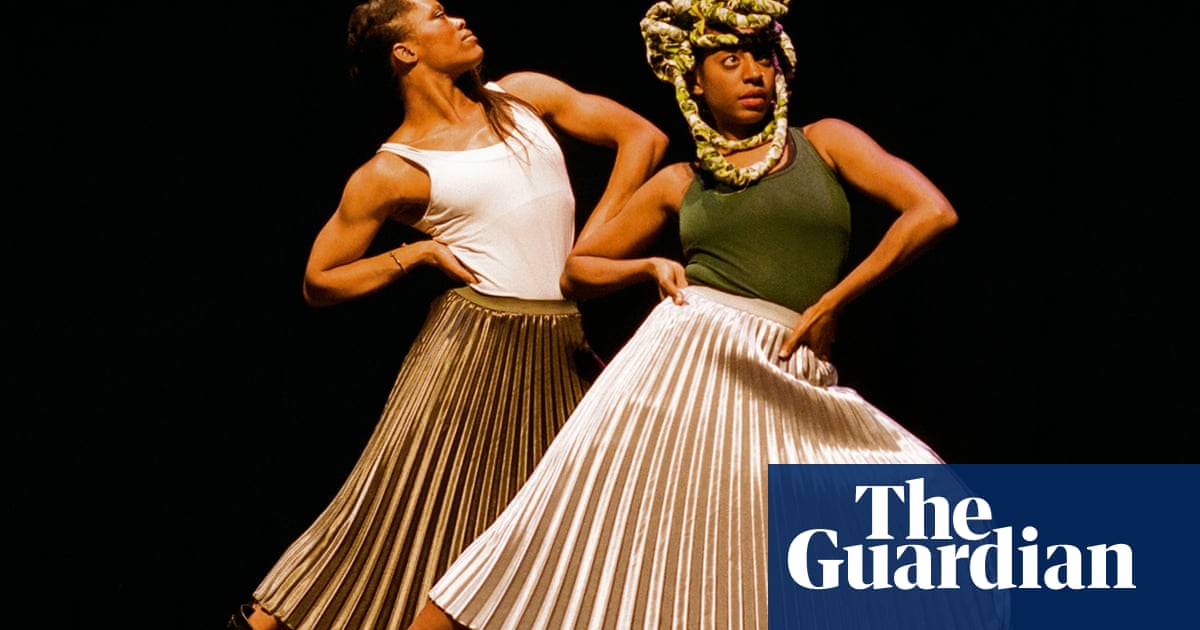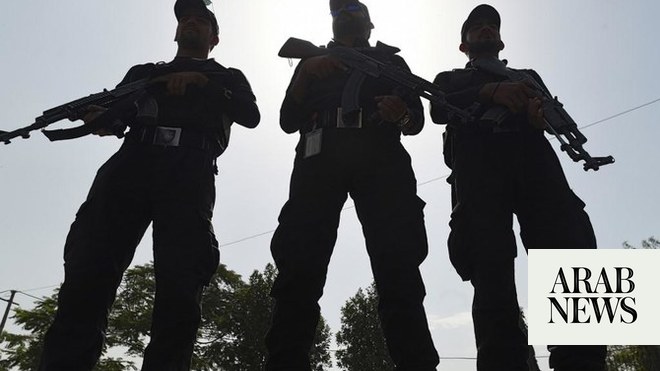
t was just after 9am on Thursday and he was finishing breakfast when the callout came. Kenmure Street’s “Van Man” – the activist who spent nearly eight hours squeezed underneath an immigration enforcement van to prevent the detention of two men on Glasgow’s southside – was on his bike in minutes.
“It’s not often you can catch raids in the act like this, but the southside has a lot of folks pulling together,” he said. “The only way that day could have ended was with our neighbours’ release; there were simply too many local people standing in the street for the police to have taken the van away. The strategy does work – and we want the world to understand that it was the people on the streets who won that victory, not the politicians.”
Victory came just after 5pm when, after a tense standoff between police and a crowd that had swelled to hundreds during the sunny day, including families celebrating the first day of Eid alongside asylum rights activists, the two Indian nationals were released back into their community.
The Home Office said the operation “was conducted in relation to suspected immigration offences”. The pair are understood to be receiving advice from asylum support groups.
Van Man, who prefers to remain anonymous, is a member of the city’s No Evictions Network, formed in 2018 in response to the widely condemned lock-change policy carried out by the then Home Office housing provider Serco in Glasgow, the only dispersal city for asylum seekers in Scotland.
He is circumspect about the impact of his own endurance: “My job was probably the least interesting of anyone’s,” he said. “It was really cold and I only had a T-shirt, so neighbours quickly brought out blankets and hot-water bottles to stuff around me. The weight of all the immigration officers above me meant I couldn’t roll over or raise my hands to my mouth, so a friend thought to find me a Camelbak [a hydration pack] with a hose I could sip out of to keep me from getting dehydration and cramps.”
The speed of mobilisation is a testament to the branching local networks that connect this diverse part of the city, and not everyone who answered the call was a protest veteran.
Declan Blench, a 31-year-old translator, was on a work Zoom call when a neighbour messaged to say he had seen two men being bundled into an immigration van on the street outside. “I put my shoes on and sprinted out. I just thought: ‘You’re not going to do that in front of me.’ There is due process and this is not it.”
Blench sat down behind the van to stop it reversing. Van Man was already underneath the vehicle and the police arrived shortly afterwards. “I’ve never done anything like that before, so I was quite nervous. But every time I turned round there were more and more people.”
“It was a really special day,” said Sophie, another member of NEN, “with so many wee acts of kindness. We set up a tuck shop at the bus shelter, with bottles of water and food. Someone had brought their Eid cake to share. Residents and local cafes were letting people use their toilets.”
But Van Man adds: “We can’t ignore that things were on a knife-edge there. Police Scotland brought in reinforcements, and when that didn’t work they brought in horses, and when that didn’t work they brought in riot gear … It just goes to show how these ‘hostile environment’ policies start off criminalising migrants, but quickly turn on anyone else who stands in the government’s way.”
The lawyer Aamer Anwar likewise describes the heavy Police Scotland presence from the start of the day as “inflammatory and provocative”, adding: “I couldn’t believe that the Home Office had done this on one of the holiest days in the Muslim calendar.”
But Nicola Sturgeon, the MSP for the constituency and the Scottish first minister, said on Thursday night that the police had been in an “invidious position” – and a Police Scotland spokesperson underlined that, while they do not assist in the removal of asylum seekers, they do have a duty to protect public safety.
Anwar had planned to celebrate Eid with his children, but from 10am his phone did not stop ringing. Seven hours later he was speaking to the men held in a tiny, windowless cubicle at the back of the van, explaining in their native Punjabi that, under pressure from the protesters, Police Scotland had intervened to release them.
“I said to them: ‘You’re free because of the people of Glasgow,’ and pointed to the crowd behind me. They had tears in their eyes. They had heard the people chanting through the van doors, but they couldn’t believe what they saw.”
Charandeep Singh, the director of the charity Sikhs in Scotland, knows the two men from their volunteering at the local gurdwara. “People know their names and they really are part of the community, that’s why there was this outpouring, but it was also the outrage people feel about the Home Office policy of forced removals.”
Community rejection of dawn raids in Glasgow goes back decades, but Singh suggests Thursday’s response was also the result of cumulative tragedies that have affected the city’s asylum seekers of late, including their relocation to cramped hotel rooms during the Covid pandemic, the Park Inn stabbings and the death of Mercy Baguma. “As Glaswegians we have seen these cases on a regular basis, and especially over the last year. Yesterday, people said ‘enough is enough’.”












